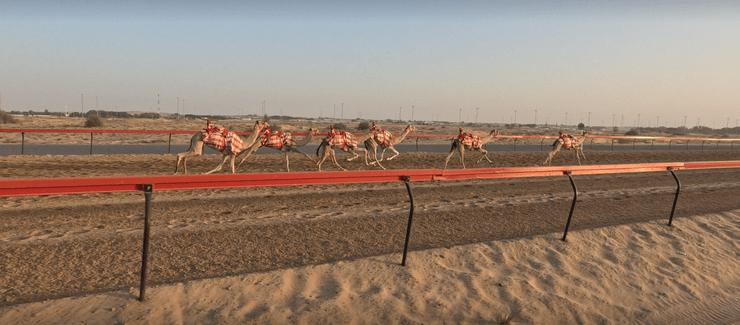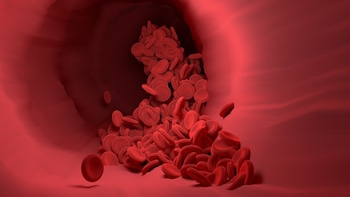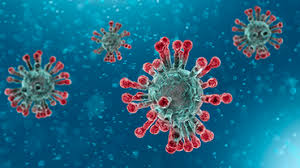Fujairah Research Centre announces significant leap forward in racing camels genetics testing

NEW DELHI: The Fujairah Research Centre has announced a pivotal breakthrough in its ongoing camel genetics program, revealing that subject racing camels’ performance has taken “a significant leap forward” through advancements in cutting-edge reproductive technologies.
Since 2022, FRC has been leading a unique project dedicated to driving racing camel enhancements across key metrics including performance, agility, training, well-being, and processing.
The project is of particular relevance for the Middle East, where camel racing is a multi-million dollar industry and remains amongst the most enduring and famous traditional sports.
With honouring the sport's most cherished traditions, recent years have given rise to a growing interest in applying scientific strategies to drive improvements in these areas – improvements that the Centre has now shed light on.
Dr. Nabil Abdel Hamid Mansour, Head of Camel Research at Fujairah Research Centre, said: “Advanced reproductive technologies have paved the way to this announcement. Through embryo transfer, in-vitro fertilisation (IVF), and cloning, we have seen subject racing camels meet a series of milestones that substantiate remarkable progress in recent months alone. While abiding by the very best ethical standards and most stringent scientific regulations, we’ve been working towards breakthroughs that could help shape the future of camel racing. It’s true that we have a way to go yet. However, there’s irrefutable evidence that the direction of travel is positive.”
Between October 2023 and January 2024, a trio of camels part of the program competed in 3 km races at Al Marmoom Dubai Camel Race Track – all of them winning their respective competitions with times between 4:24 (minutes and seconds) and 4:38. Another camel also finished first in a 2 km race (2:57) at the same venue, with another coming second in a 3 km race at Umm Al Quwain Festival (4:43).
According to Fujairah Research Centre, these achievements are no coincidence and have transpired following the strategic approach deployed under the camel genetics program.
Dr. Mansour revealed: “Utilising carefully selected female racing camels as donors, we fertilise them via elite high-performance bulls (males). Subsequently through the process of embryo transfer or IVF, subjects receive these embryos and from there, we take great care of mothers and their newborns, closely overseeing their growth and development while nurturing them as future racing camels through a unique approach that accounts for every possible area.”
The Centre has revealed that this approach includes rigorous and continuously upgraded nutrition planning, world-class medical treatment, and the provision of required supplements and rest periods.
Dr. Mansour continued: “The camels receive 24/7 attention, not least because the racing industry exposes them to potential athletic injuries. A prompt recovery process involving essential minerals, vitamins, and other supplements is applied when needed, as is blood sampling and all necessary medical examinations for monitoring physical condition. The well-being of camels under our care is paramount.”
Fujairah Research Centre has detailed each aspect of the program’s scope overseen by best-in-class specialists. These include critical initial behaviour testing, mandatory trust-building exercises with humans, training environments, and gradual introduction to training and racing based on factors like age group, level progression, distance reached, and physical capability.
Additionally, the Fujairah Research Centre team collects data for monitoring and recording training performance, considering speed, agility, and timing to streamline the process of qualifying and disqualifying racing camels. Some camels may not meet performance expectations over a specified period due to various factors such as genetics, muscle mass, body weight, and breed.
Dr. Mansour concluded: Overall, our approach not only increases the number of potential racing camels but also enhances the overall chances of producing top-tier racing offspring. We’re committed to the protection and longevity of superior racing traits while securing the future of camel racing with the utmost care, supervision, due diligence, and forward planning.”











